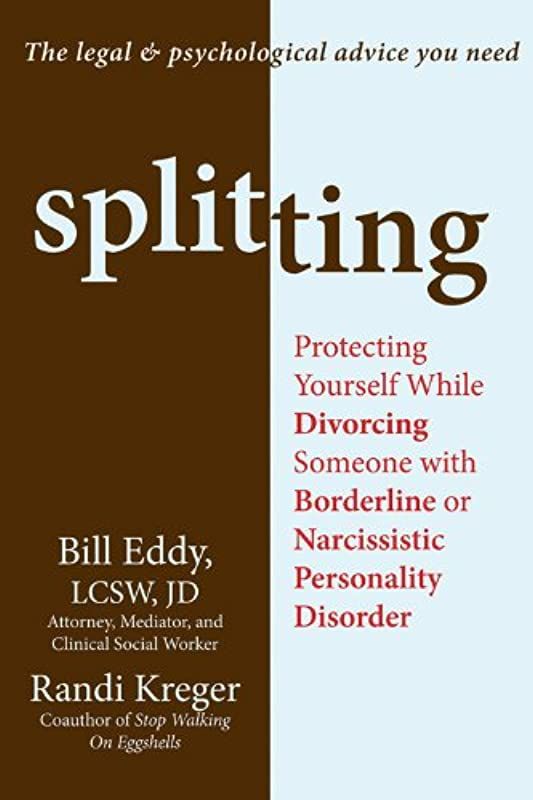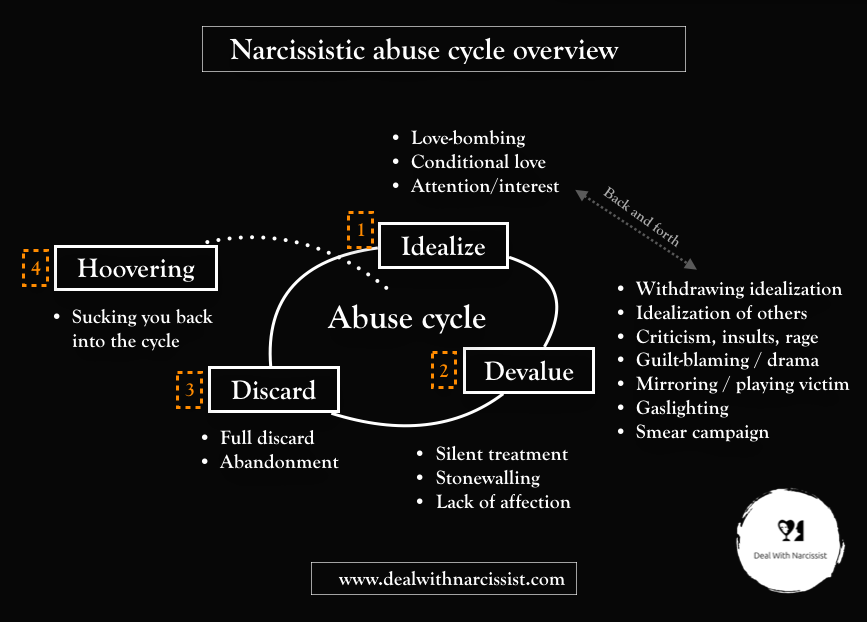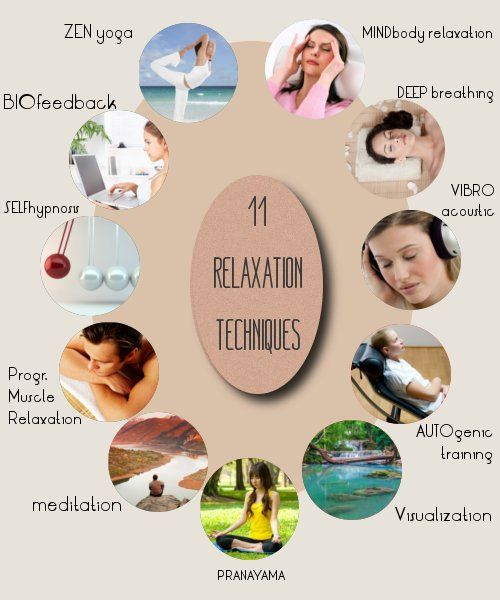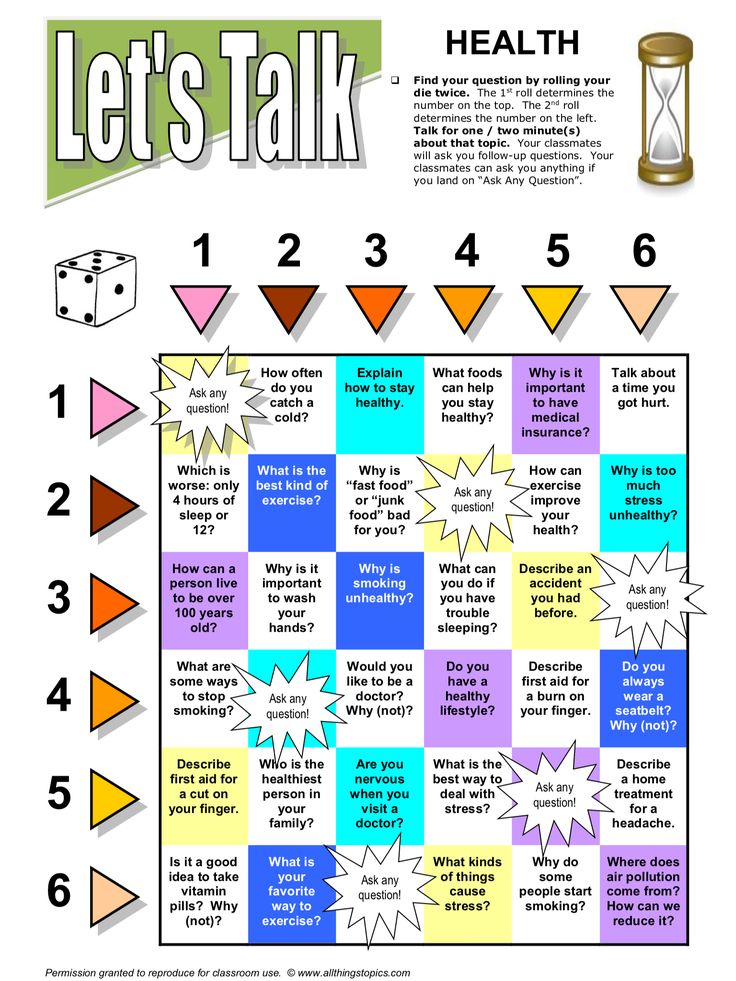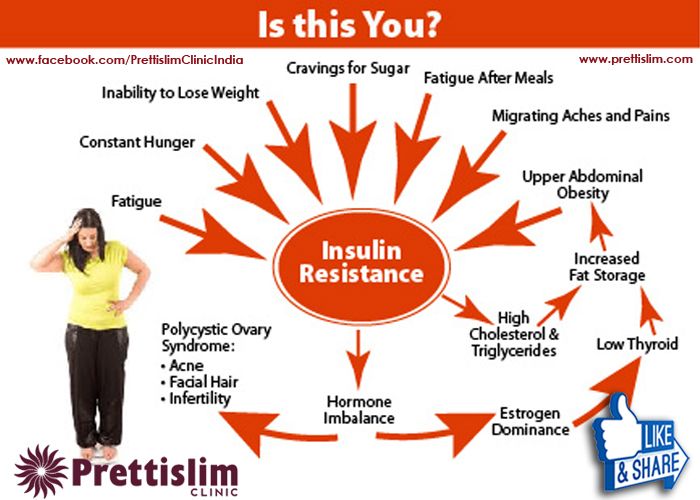How to wind down before bed
Five Ways to Wind Down and Relax Before Bed
By Mental Health First Aid USA on March 24, 2021
We’ve all been there: the evening is winding down, you’re finishing just one more show before you get ready to sleep. You do your nighttime routine, get comfortable, and once you get into bed, suddenly you can’t sleep. You’re thinking about what happened today, what you need to do tomorrow, did you remember to do this task or that chore, or you try to pass the time on your phone. Relaxing before bed can be difficult at best, but it doesn’t have to be a battle every night. We understand it can be hard (or nearly impossible) to shut your brain off before falling asleep but getting into a stable routine can help keep those ruminating thoughts at bay. Dr. Lawrence Epstein, chief medical officer of Sleep HealthCenters and professor of medicine at Harvard explains, “Our body craves routine and likes to know what’s coming.” A wind-down routine will help signal your body that daytime activities are over and it’s time to sleep.
So how do you establish a nighttime routine? The answer is both simple and complicated: consistency. A large part of a successful routine is sticking to it. Find out what works best for you and your body will eventually learn and associate your wind-down activities with relaxation. Your brain will kickstart melatonin production, and you’ll be fast asleep before you know it. Melatonin is a hormone your brain produces that signals your body when it’s time to go to sleep or wake up. Your body usually makes more melatonin in the evening in response to lower light levels, causing you to feel tired at night. We have some tips to help you establish a wind-down routine that will work for you and hopefully help you sleep better:
- Schedule technology-free time. Many of us are guilty of scrolling through social media or watching a show before we go to sleep. But studies have shown that the blue light emitted from your screen negatively affects your circadian rhythm.
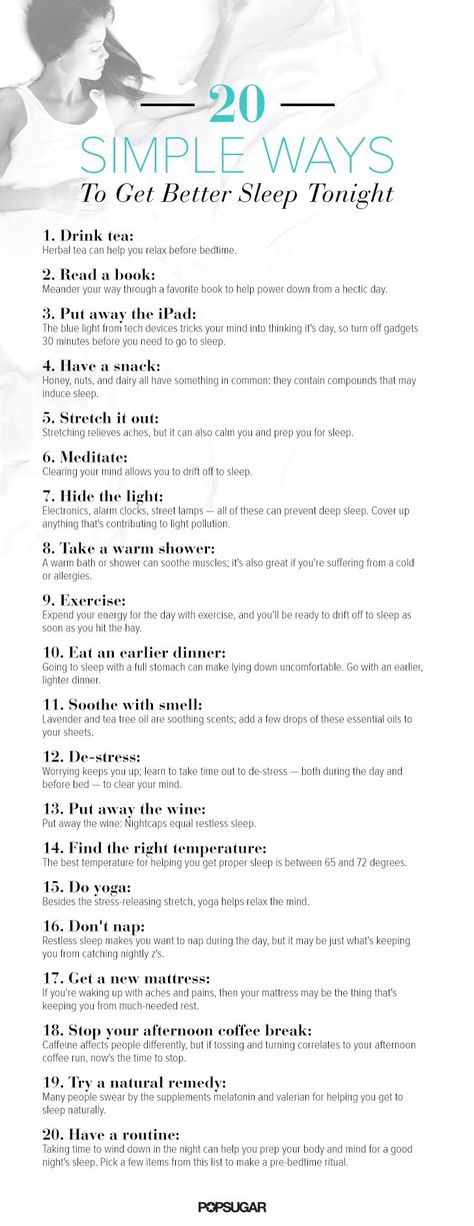 Some devices allow you to control the level of blue light in your screen or even schedule when to adjust the blue light emitted from the screen, which is a great alternative. Any type of bright light signals to your brain that it’s time to be awake so try to avoid looking at any screen, computer included, too close before bed. The National Sleep Foundation recommends you cut your screen time at least 30 minutes before bed.
Some devices allow you to control the level of blue light in your screen or even schedule when to adjust the blue light emitted from the screen, which is a great alternative. Any type of bright light signals to your brain that it’s time to be awake so try to avoid looking at any screen, computer included, too close before bed. The National Sleep Foundation recommends you cut your screen time at least 30 minutes before bed. - Separate work from bed. For any of us working from home, this can be a tough one. As we continue to adjust to the COVID-19 pandemic, work-life balance has taken a serious hit. Regardless of whether you go into the office or your office is down the hall from your bedroom, it’s important to log off when the workday is over. Try to avoid answering emails after dinner – some email services even have a “Do Not Disturb” function that you can customize so you won’t be notified during certain hours of the day. If that’s not an option, try physically closing your laptop to signal that you’re done for the day.
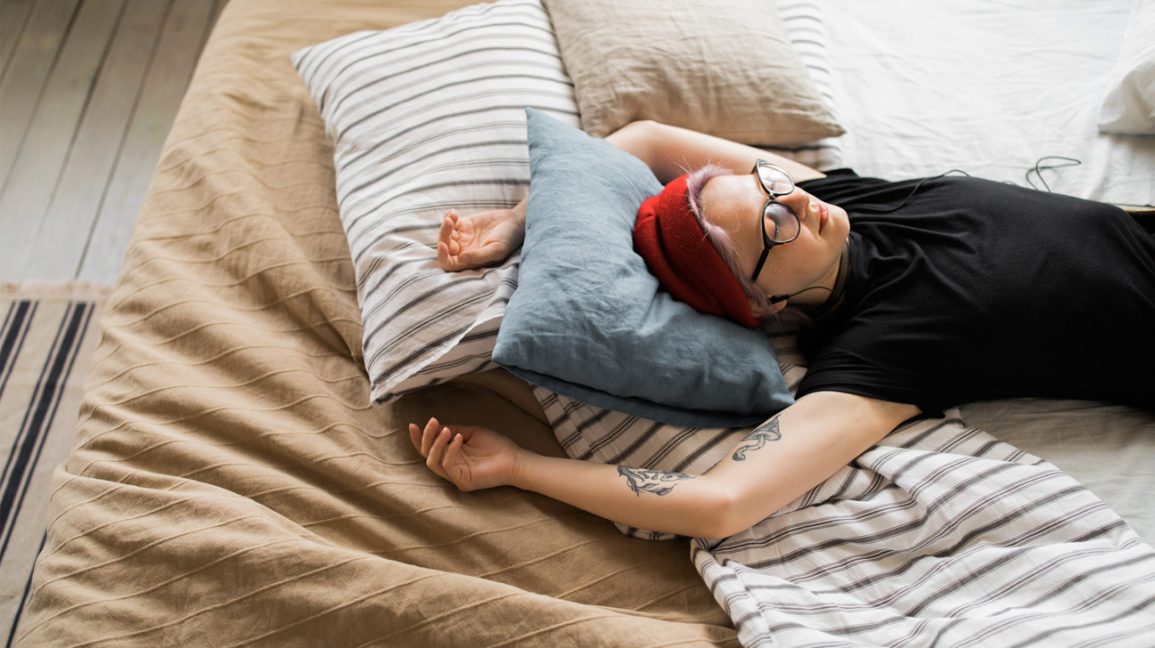
- Read a book. An actual paper book works best (remember that pesky blue light from screens), but any kind of reading will help you relax. One study showed that just six minutes of undisturbed reading can reduce stress by 68%, and it’ll give you the opportunity to think about something other than your worries.
- Listen to music. No matter what you choose to do to wind down, listening to soothing or calm music in the background can help you feel relaxed, even if you just have it playing in the background. Classical music has been proven to lower blood pressure but if that isn’t your vibe, your favorite music should do the trick too.
- Try stretching or light yoga. Stretching exercises help relax your muscles by relieving some tension after a long day. A comprehensive review found meditative activities like yoga are wildly beneficial for sleep quality and also improve quality of life and depression.
No matter your routine, alleviating anxious or worrisome thoughts should be your priority.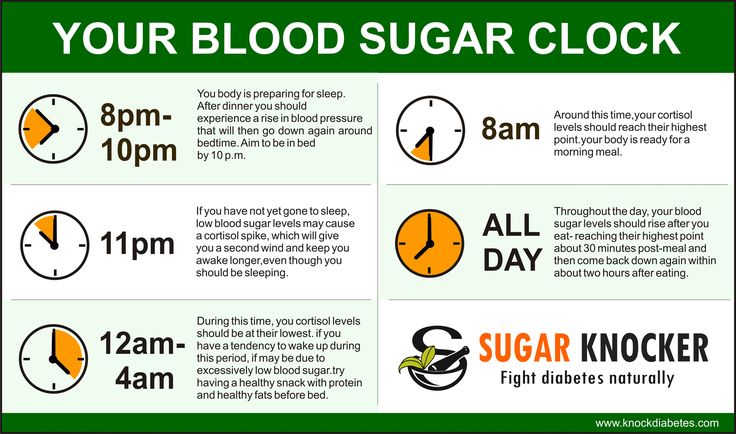 Good quality sleep will come. It’s especially important to have boundaries between work and home if you’re working from home. Sleep specialist Stephanie Silberman, Ph.D explains, “It’s very hard to shut down your brain or quiet anxious or worrying thoughts when you’re on the go before bedtime. You want to separate your day from nighttime.” If you find that you’re still have trouble with anxious thoughts prior to bedtime, talking to a mental health professional may help you figure out strategies to cope. High quality sleep will help improve your mood and cognition throughout the day, so #BeTheDifference for yourself by investing in a routine that works for you.
Good quality sleep will come. It’s especially important to have boundaries between work and home if you’re working from home. Sleep specialist Stephanie Silberman, Ph.D explains, “It’s very hard to shut down your brain or quiet anxious or worrying thoughts when you’re on the go before bedtime. You want to separate your day from nighttime.” If you find that you’re still have trouble with anxious thoughts prior to bedtime, talking to a mental health professional may help you figure out strategies to cope. High quality sleep will help improve your mood and cognition throughout the day, so #BeTheDifference for yourself by investing in a routine that works for you.
Resources:
Foley, L. (2020, December 17). How to determine poor sleep quality. Sleep Foundation. https://www.sleepfoundation.org/sleep-hygiene/how-to-determine-poor-quality-sleep
Harvard Health Publishing. (2020, July 7). Blue light has a dark side. https://www.health.harvard.edu/staying-healthy/blue-light-has-a-dark-side.
Lewis, D. (2009), Galaxy Stress Research, Mindlab International, Sussex University, UK.
Tartakovsky, M. (2016, May 17). 12 ways to shut off your brain before bedtime. PsychCentral. https://psychcentral.com/lib/12-ways-to-shut-off-your-brain-before-bedtime#1.
Trappe, H. J., & Voit, G. (2016). The cardiovascular effect of musical genres. Deutsches Arzteblatt international, 113(20), 347–352. https://doi.org/10.3238/arztebl.2016.0347
Wang, F., Lee, O., & Feng, F., et al. (2016). The effect of meditative movement on sleep quality: a systematic review. Sleep Medicine Reviews. 30, 43-52. https://doi.org/10.1016/j.smrv.2015.12.001
WebMD. (2020, May 18). What is melatonin? https://www.webmd.com/sleep-disorders/what-is-melatonin
Tips to Help You Unwind – Nour Luxury
Wondering how to relax your body before bed?
There are endless benefits of destressing and relaxing every day before going to sleep.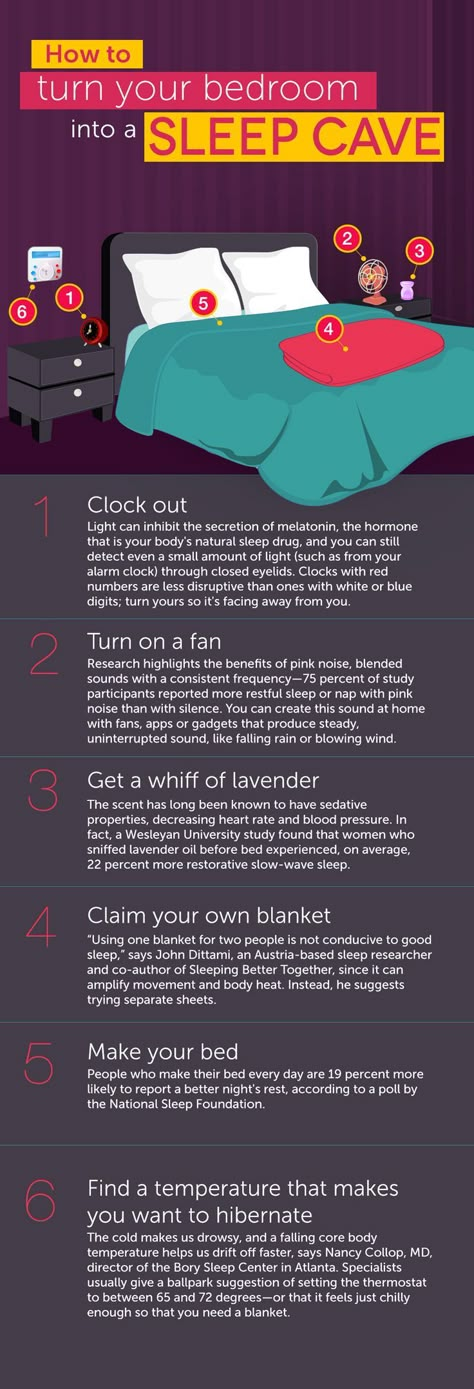 Unwinding ensures a great night’s rest! From lowering the chance of heart attacks to preventing depression, relaxing before bed has many benefits.
Unwinding ensures a great night’s rest! From lowering the chance of heart attacks to preventing depression, relaxing before bed has many benefits.
Therefore, try to take some time out for yourself at the end of a busy, tiring day, to help your body unwind before bed. Failing to do so often results in lying in bed wide awake, with the stress building up, making it difficult to fall asleep.
So, it’s important to clear your mind before bed.
Below we have some ideas for you to incorporate into your night time routine to help you unwind. Here’s how to relax before bed.
Keep Your Feet Warm
It may sound peculiar, but, keep your feet warm! That’s right, warm feet help you relax.
This is because when your body and feet are warm, you feel more comfortable.
This, in turn, helps you feel relaxed and allows you to get to sleep more easily.
Feet are the most crucial part of the body when it comes to regulating your body temperature. So, next time you unwind before bed, try wearing socks, fluffy slippers or keep a blanket over your feet, as this will help you get into the mood of comfort and relaxation.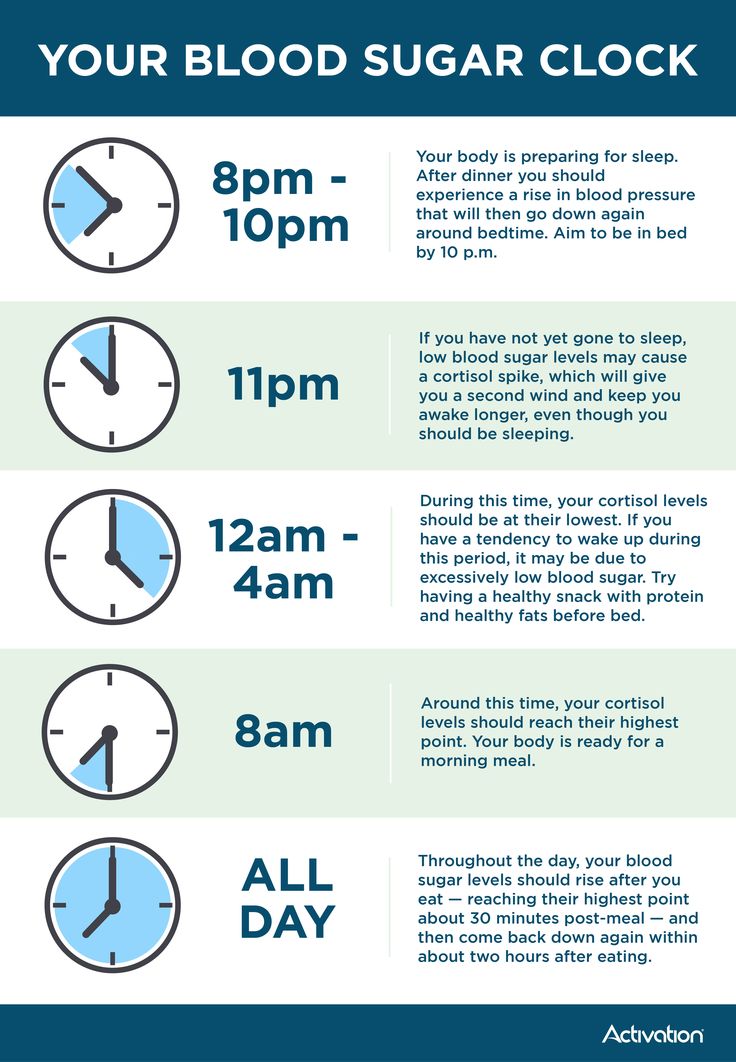
Dim the Lights in the Evening
There are many ways to help you relax before bed! Dimming the lights is just one of them.
Bright lights around the house keep your brain alert and energetic, therefore lighting is very important when trying to create a relaxing environment.
Dimming the lights around the house an hour before bed will signal your body to prepare for bed.
The gentle glow from the dim lights will help your body and mind to relax. Try dimming the lights while listening to some relaxing instrumental music, as this will help your mind reach the state of relaxation in no time!
Turn Off All Electronic Devices
When it comes to relaxing before bed, it’s a good idea to detox from your electronics. Putting down your phone is one of the ways to calm your mind to sleep!
It’s best to make a routine to shut down all electronic devices between half an hour and an hour before bed. Don’t switch them back on until morning. This includes phones, laptops, TV, tablets etc.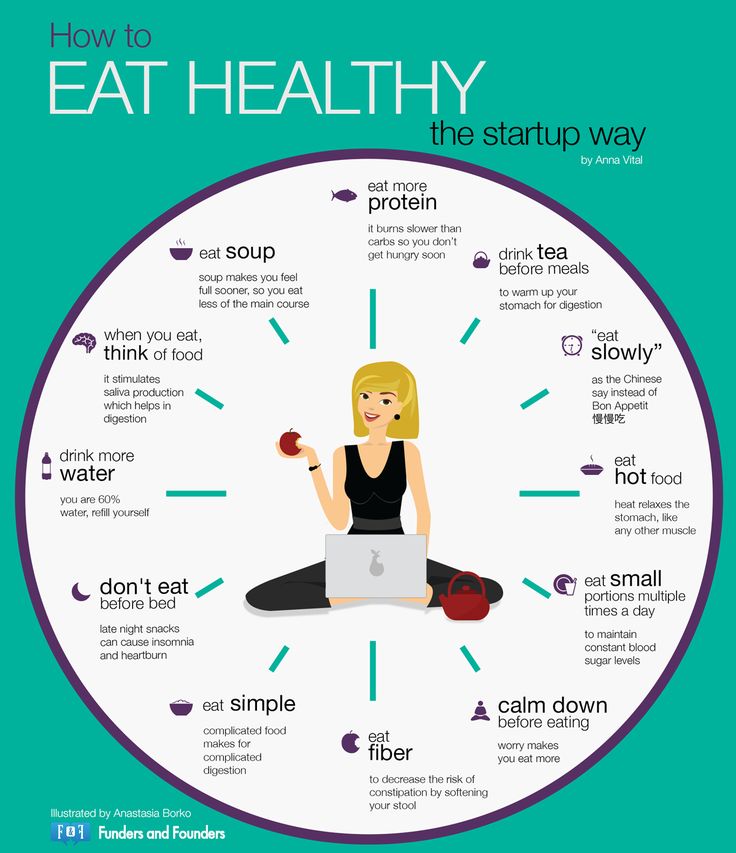 Social media, emails and the light from the electronic device keeps your brain alert.
Social media, emails and the light from the electronic device keeps your brain alert.
Take a Soothing Bath
A soothing, warm bath with a few candles is one of the best ways to calm down before bed. A bath is always the perfect way to destress and relax!
Make it part of your night time routine to soak in calming bath bombs, bath salts, or even some essential oils! The smell of essential oils helps your mind relax, while bath salts help detox your body.
Sip Warm, Calming Drinks
Sipping on a warm beverage after a soothing bath is always the perfect way to unwind.
Try drinking a warm cup of milk before bed, as milk helps you sleep. Chamomile tea with honey is also an excellent way to unwind and make your sleep more restfully.
Practice Light Yoga/Meditation
Light yoga with some breathing exercises helps your body wind down before bed. If you’re a spiritual person, we would also recommend praying or meditation.
All these light activities will get you into the alpha state of mind, which means a light daydream, and relaxation state. Relaxing before sleep is essential to wake up stress-free the next day.
Relaxing before sleep is essential to wake up stress-free the next day.
Read a Relaxing Book
Wondering how to wind down? Pick up your favourite novel!
Reading a book that you enjoy is a great way to get your body to relax and induce sleep, as fictional stories help you escape reality, by creating an oasis of peace and easing tensions.
We recommend a paperback book rather than an e-book!
If you have children, reading to them before bed can help you feel sleepy also. The benefits are endless!
Write Down Your Thoughts
If the stress of your day-to-day job isn’t letting you unwind, then we recommend taking an hour before bed to sit down and write down a to-do list for the next day.
If you have worrying thoughts, write them down with ways to solve it. After that, put it away and look at in the morning. This is a great way to clear your mind before bed!
Make Your Bedroom Your Sanctuary
There are many ways to relax and sleep, but making your bedroom a sanctuary is by far the most important!
Your bedroom should give off a relaxed atmosphere! So, ensure your walls are painted in serene colours, that you have good black out curtains and that there are no distractions.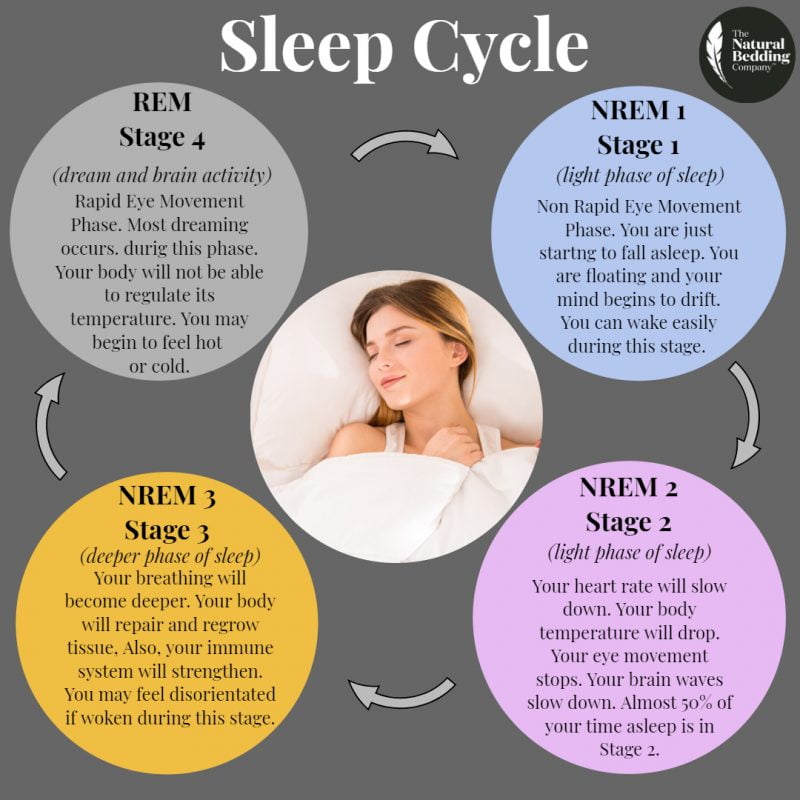
Your mattress and pillows should be comfortable, as well as your bedding! Rough, thick sheets will cause you to overheat and interrupt your sleep, therefore try replacing them with our 100% organic cotton, luxuriously soft bedding.
Our lightweight sheets ensure perfect balance of breathability, guaranteeing a great night’s sleep. Browse our full range of luxurious bedding here.
Back to News
10 ways to relax before bedtime
It is usually not recommended to drink coffee, alcohol and use the phone before going to bed. But they rarely talk about what to do before a night's rest. We have compiled a list of things that will help you tune in to sleep, switch your attention from everyday activities and relax.
📚 Read the book
Many people cannot fall asleep quickly due to overstimulation of the nervous system. An easy way to calm her down is to read an interesting but uncomplicated book for 15-30 minutes.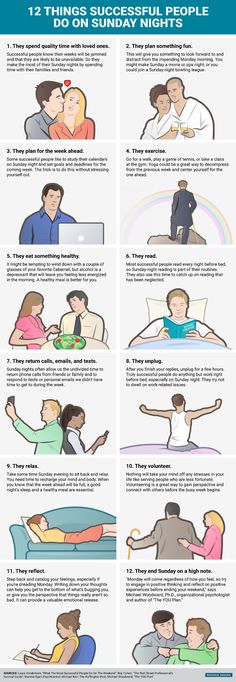 According to scientists, this is enough to distract the brain from problems, switch attention to routine activities and reduce stress levels.
According to scientists, this is enough to distract the brain from problems, switch attention to routine activities and reduce stress levels.
It's better to read a paper book: blue light from gadgets can slow down the production of melatonin, which regulates sleep
🌬 Make it colder
Ventilate the room thoroughly before going to bed, and if there is air conditioning, set it to 16-20 ° C. According to scientists, this is the optimal temperature range in which it will be easier for you to fall asleep.
The effect is explained by the peculiarities of physiology: getting ready for sleep, the body lowers its temperature. If the environment is cool, it is easier for the body to do this - and the rate of falling asleep automatically increases
🛁 Take a warm shower
An option for those who don't like coolness. Warming water procedures, as studies show, also help to normalize the state of the nervous system and prepare the body for sleep.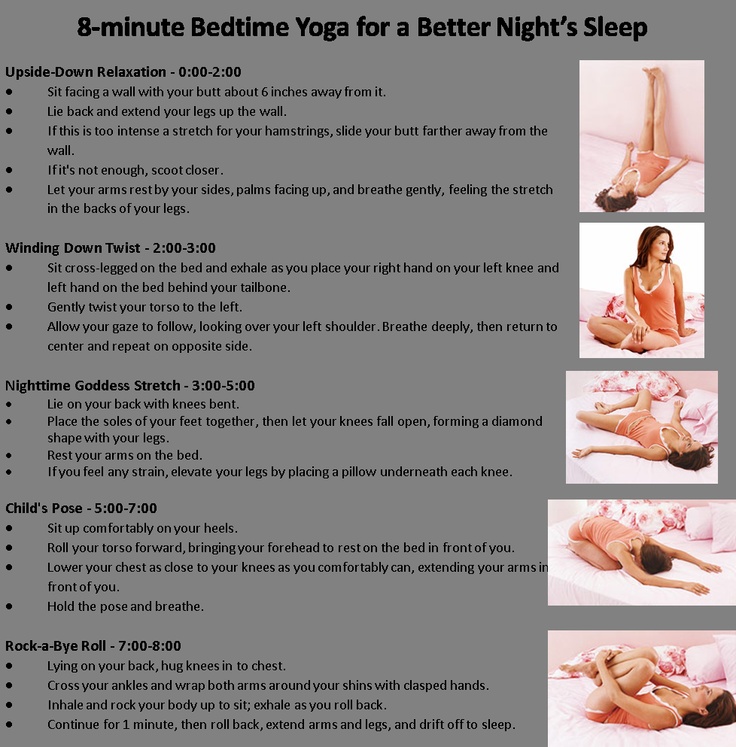
It doesn't work the way you might think. After a warm shower, the body cools down and reaches a comfortable temperature for falling asleep. A heating pad and socks worn at night will enhance the effect: if the feet are additionally warmed, heat loss will increase
🎧 Listen to white noise
This is a special hissing sound, which, for example, makes a running hair dryer or turning on the air conditioner. Several studies have shown that it can reduce the time it takes to fall asleep and have a positive effect on the quality of sleep. Why this happens, scientists do not know. One of the hypotheses is that white noise simply drowns out other sounds that interfere with sleep.
If the sound of a hair dryer doesn't calm you down, listen to some music before bed. It will also help to distract from extraneous sounds, activate the pleasure centers in the brain and enhance relaxation
🧘♀️ Stretch
Stretching slows down breathing, calms the nervous system, and helps relieve muscle tension. The main condition: you don’t have to try too hard in the process. Your goal is not to sit on the splits, but to enjoy the slow and careful stretching of the muscles.
The main condition: you don’t have to try too hard in the process. Your goal is not to sit on the splits, but to enjoy the slow and careful stretching of the muscles.
Instead of stretching, you can do a couple of simple yoga asanas. They too can increase the speed of falling asleep and the overall quality of sleep
👃 Use the 4-7-8 technique
One of the most effective breathing practices to help quickly calm the brain before bed. You can do it right in bed. Once you are comfortable, inhale slowly for 4 counts, hold your breath for 7 counts, and then slowly exhale for 8 counts. Repeat several times until you feel sleepy.
Scientists believe that breathing exercises activate the parasympathetic nervous system, which is responsible for relaxing and stopping the stress response.
💪 Try progressive muscle relaxation. Sit comfortably again - and start consistently tensing and then relaxing different muscle groups. First, those on the face: the muscles of the forehead, around the eyes and mouth.
 Then - neck, shoulders, and so on, until you get to the feet.
Then - neck, shoulders, and so on, until you get to the feet. Exercise is based on the physiological principle that tension is always followed by relaxation. There is evidence that it reduces heart rate, reduces nervous excitement and anxiety symptoms, helps to fall asleep faster
✍️ Text
If you can’t fall asleep because of anxious thoughts about upcoming things, it’s worth making a plan for their implementation. Even such a trifle can structure thoughts, create a sense of control and calm down.
Other writing practices can help. Describe the experiences accumulated during the day in order to free the brain from them during sleep. Or list three things you are grateful for: Sleep deeply and in a good mood
🥱 Don't let yourself fall asleep
Yes, you should stop trying so hard to fall asleep as soon as possible. And start resisting it with all your might. As a result, as experiments show, the opposite is likely to happen - you still fall asleep.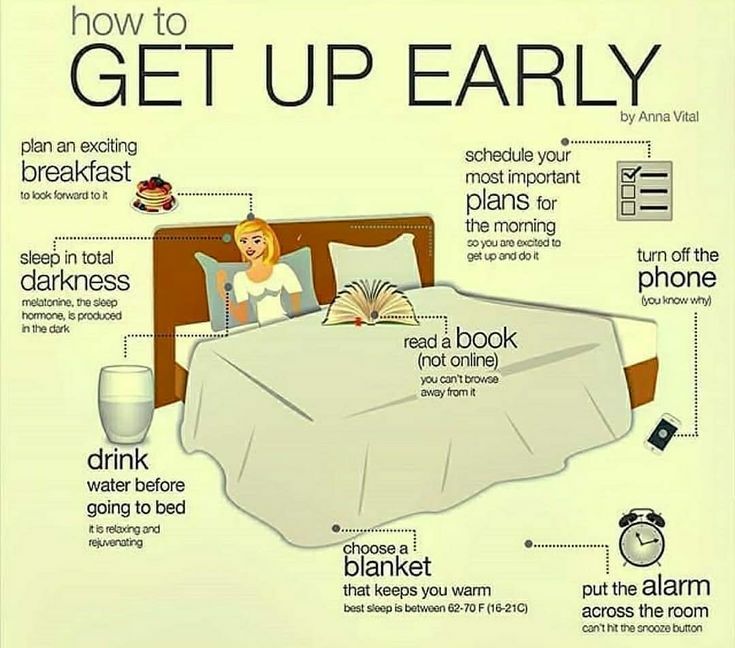
The method was invented by psychiatrist Viktor Frankl. It's called paradoxical intention and is especially effective for anxiety caused by sleep problems - insomnia due to insomnia
❤️ Have sex
During sex, calming substances are released: oxytocin and prolactin. And the level of the stress hormone cortisol decreases. It relaxes, improves the quality of sleep and its duration.
In order to feel the positive effects, it is important to comply with the conditions: sex must be by mutual consent, with a partner that inspires trust and sympathy. If there is no one suitable nearby, masturbation will do. It improves sleep just as well
All about stress management
Twice a month on Fridays we send letters about how to feel better in conditions of complete uncertainty. Effective Ways to Calm Down and Avoid Thinking Mistakes
More articles on sleep and stress management:
1. How to stop stress eating.
2. Why insomnia occurs.
3. Free ways to relieve stress after a hard day.
News that concerns everyone is in our telegram channel. Subscribe to be aware of what is happening: @tinkoffjournal.
How to fall asleep quickly so that your sleep is healthy and deep?
What really causes insomnia and how to calm the restless mind to fall asleep? Drugs, diseases, insomnia genes - what's the deal?
There are many reasons why your brain is active when it should be sleeping. Maybe it's the genes, or irregular sleep patterns, jet lag, or certain drugs. In this article, we will talk about common sleep problems.
Content
- Social jet lag
- Stress and sleep
- Health problems
- Medicines, alcohol and nicotine
- Aging and sleep disturbance
- Note: genes and sleep
We recently wrote about what circadian rhythms are and how to improve sleep patterns. Insomnia is a general term for a wide variety of sleep problems, from difficulty falling asleep to disturbed sleep quality. Insomnia occurs due to anxiety, illness, various psychological conditions and stress. Let's try to figure out what to do if you can't sleep.
Insomnia is a general term for a wide variety of sleep problems, from difficulty falling asleep to disturbed sleep quality. Insomnia occurs due to anxiety, illness, various psychological conditions and stress. Let's try to figure out what to do if you can't sleep.
Social jet lag
Do you find it difficult to fall asleep because of anxious thoughts or unfinished business? You are not alone. This is a fairly common problem. While we are trying to do everything: build a career, educate ourselves, meet friends, do not forget about sports, it is easy to sacrifice quality sleep.
Violation of the body's circadian rhythm is sometimes called social jet lag. If you sacrifice your sleep schedule several times a week, sitting up with friends at a bar or finishing work tasks until late at night, it causes a jet lag effect, like when changing time zones. Jet lag disrupts your body's natural circadian rhythm, leaving you feeling tired and ill-rested.
Tip ☝️If work tasks and appointments keep you busy, make a to-do list before bed so your brain can relax.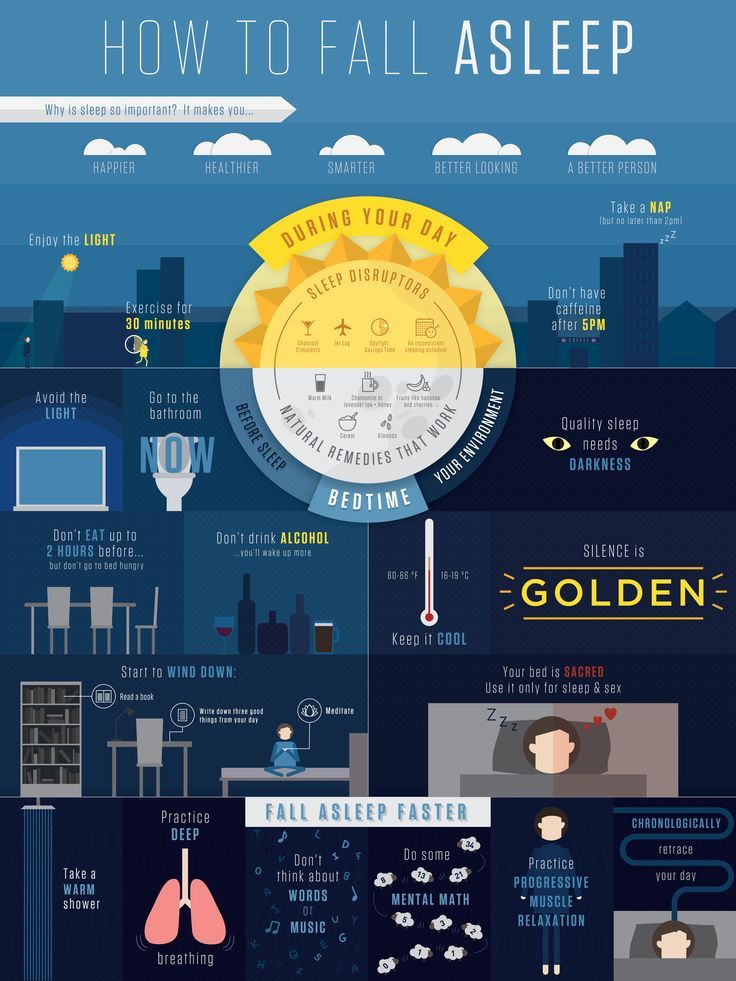 Also, at the end of the working day, you can try to do several small tasks instead of one large and cumbersome one. In this way, you can get rid of the feeling of unproductiveness.
Also, at the end of the working day, you can try to do several small tasks instead of one large and cumbersome one. In this way, you can get rid of the feeling of unproductiveness.
Stress and sleep
If anxious thoughts haunt you before going to bed, it will be difficult to get enough sleep. This can also happen due to stress. In stressful situations, cortisol is released, a hormone that prevents us from falling asleep. Cortisol speeds up the heart rate, and also directs the body's resources to maintain muscle tone and overall vigilance.
Unfortunately, cortisol isn't just released when you're under pressure and your boss isn't happy with the report. The action of the hormone can last longer than the action of the stimulus itself. Therefore, already getting ready for bed, you can still feel tense. Also, do not forget that stress can become chronic. If you can't calm your mind before bed, you need to work on your overall stress level. Meditation, keeping an anxiety diary, or working with a therapist can help here.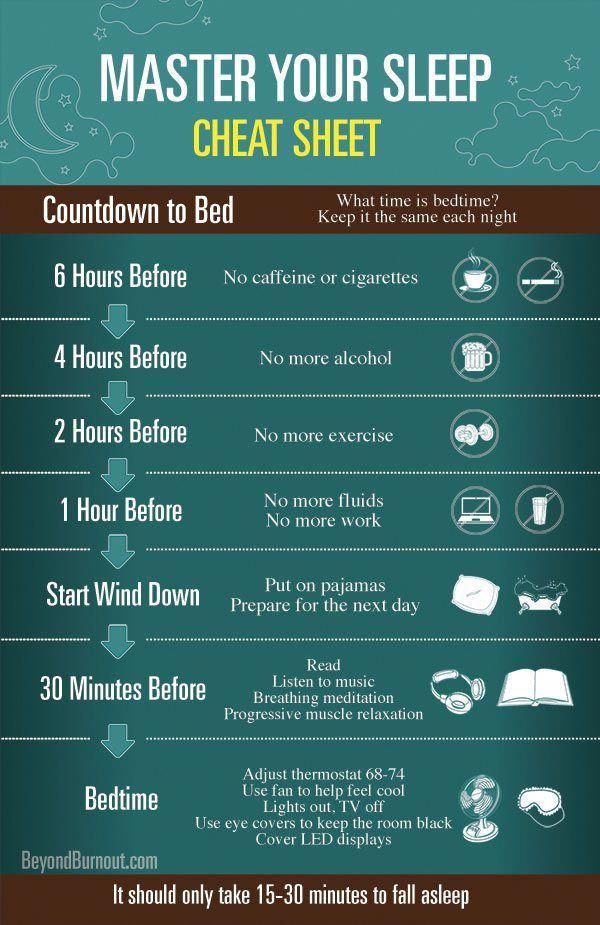
Health problems
Sleep quality can be affected by various diseases:
| Heart disease | Angina, heart failure |
| Respiratory diseases | Asthma, gastroesophageal reflux disease (GERD), chronic obstructive pulmonary disease (COPD) |
| Neurodegenerative diseases | Alzheimer's disease, Parkinson's disease | Hormonal imbalance | Overactive thyroid, menopause | Diseases of the joints and muscles | Arthritis |
| Diseases of the genital organs and urinary tract | Urinary incontinence, prostate enlargement | Sleep disorders | Snoring, sleep apnea, narcolepsy, nightmares, sleepwalking |
| Chronic pain | Chronic pain of any origin |
All of these conditions can cause or exacerbate insomnia, and sometimes cause pain, which also negatively affects the quality of sleep.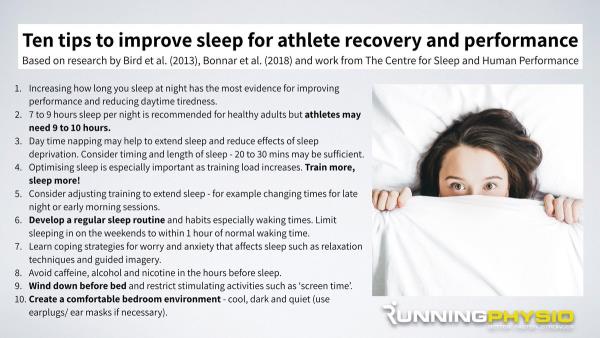 If you have been diagnosed with any of these conditions and are concerned about insomnia, your best bet is to see a doctor.
If you have been diagnosed with any of these conditions and are concerned about insomnia, your best bet is to see a doctor.
Medications, alcohol and nicotine
Both prescription and over-the-counter medicines can interfere with your sleep, causing drowsiness or insomnia. Always read instructions for medications. If you are taking prescription medications, be sure to check with your doctor if you notice a deterioration in the quality of your sleep.
Alcohol not only interferes with the normal functioning of the nervous system, but also exacerbates problems such as snoring and sleep apnea. According to studies, about 25% of people experience insomnia even three months after quitting alcohol.
Many people think that smoking before going to bed will help you calm down, but this is not true. Studies confirm that nicotine, on the contrary, stimulates your nervous system, which leads to sleep disturbances, problems with falling asleep and the progression of depressive states.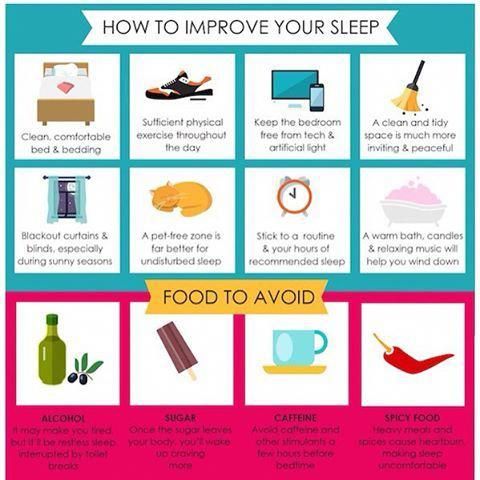
Fact☝️ Sleep apnea is a serious problem associated with a sharp decrease or complete cessation of breathing during a night's rest. This condition increases the risk of heart attack, stroke, and atrial fibrillation.
Aging and sleep disorders
Have you ever wondered why your grandmother gets up at 5 am? Up to 50% of older people complain of difficulty falling asleep or disturbed sleep. This can be exacerbated by chronic conditions and certain medications, limited mobility, daytime sleep, loneliness, and psychological factors.
Maintaining a healthy sleep pattern and an active lifestyle is top advice for those who want to prevent sleep problems, regardless of age.
Note: genes and sleep
Insomnia may be caused by a genetic predisposition. Several genes are responsible for this state, which are involved in intracellular metabolism and intracellular signaling.
Tip ☝️ Take the Atlas Genetic Test to find out if you have the genes responsible for sleep disturbance.

